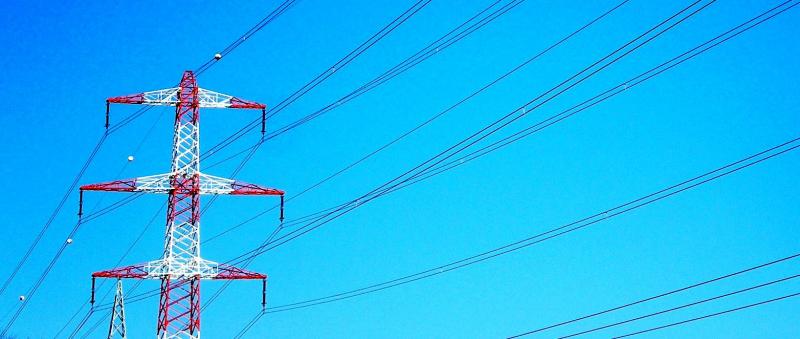Deutsche Telekom ought to play a more central role as energy sector ecosystems manager

By Dan Bieler and Holger Kisker
At its annual Energy Analyst And Sourcing Advisor Event in Berlin, Deutsche Telekom/T-Systems re-emphasized its commitment to service the energy sector with a dedicated offering. Over the last three years, Deutsche Telekom has spent significant resources in building up expertise to become a platform and service provider for the utility sector. Our main observations during the event were that Deutsche Telekom:
- Achieved a major breakthrough to offer cloud-based SAP IS-U for SMBs. D-Telekom/T-Systems are bringing a brand new cloud solution to the market that is based on SAP’s market-leading industry solution IS-U, but is not limited to it. Additional solution components like a CRM module, marketing communication, as well as some in-house developed energy data management and portal make up for an end-to-end solution for utilities, delivered in a comprehensive, single cloud service. The whole solution is licensed on a metering point-based pricing, including the SAP software license, which is a major breakthrough to reduce technical and commercial complexity for utilities companies.
- Delivers strong solutions around smart meter implementations. The companies put strong emphasis on the utilities business transformation that is enabled by smart meter implementations. Related solutions include a smart metering service platform, a big data platform for meter data management, flexible energy charging or meter data risk and security services. However, more focus on other industry-relevant key topics such as distributed generation, energy trading, or asset optimization along the whole energy value chain would have been appreciated. Missing standards and reference architecture make utilities struggle to integrate point solutions and Deutsche Telekom/T-Systems would benefit from stronger partnerships with other key players in the industry.
- Needs to refine the interaction and synergies with its other vertical activities. In addition to the energy vertical, Deutsche Telekom/T-Systems addresses sector-specific ambitions in the healthcare and automotive sectors. Although, Deutsche Telekom/T-Systems provided some insights into its connected-home ambitions (in the shape of the Qivicon offering), we feel that the provider needs to work on a much clearer messaging and business case scenario positioning to demonstrate how it plans to exploit synergies between its energy-related activities, and its ambitions concerning electric cars and home-energy conservation.
- Ought to play a more central role as energy sector ecosystems manager. Despite many positive messages during the event, we have had the impression that Deutsche Telekom/T-Systems is less ambitious in the energy sector than it was last year. This might be partly the result of customer feedback and the realization that the utilities do not move at breakneck speed. Yet, we feel that Deutsche Telekom/T-Systems’ “tamer approach” – if it is indeed tamer – might be undermining its opportunities going forward. There are not many players with the skills and financial strength that can act as ecosystems manager in the utility space. Deutsche Telekom/T-Systems has this opportunity in certain geographic markets. But to succeed, Deutsche Telekom/T-Systems needs to strengthen its efforts rather than take its feet off the pedal.
